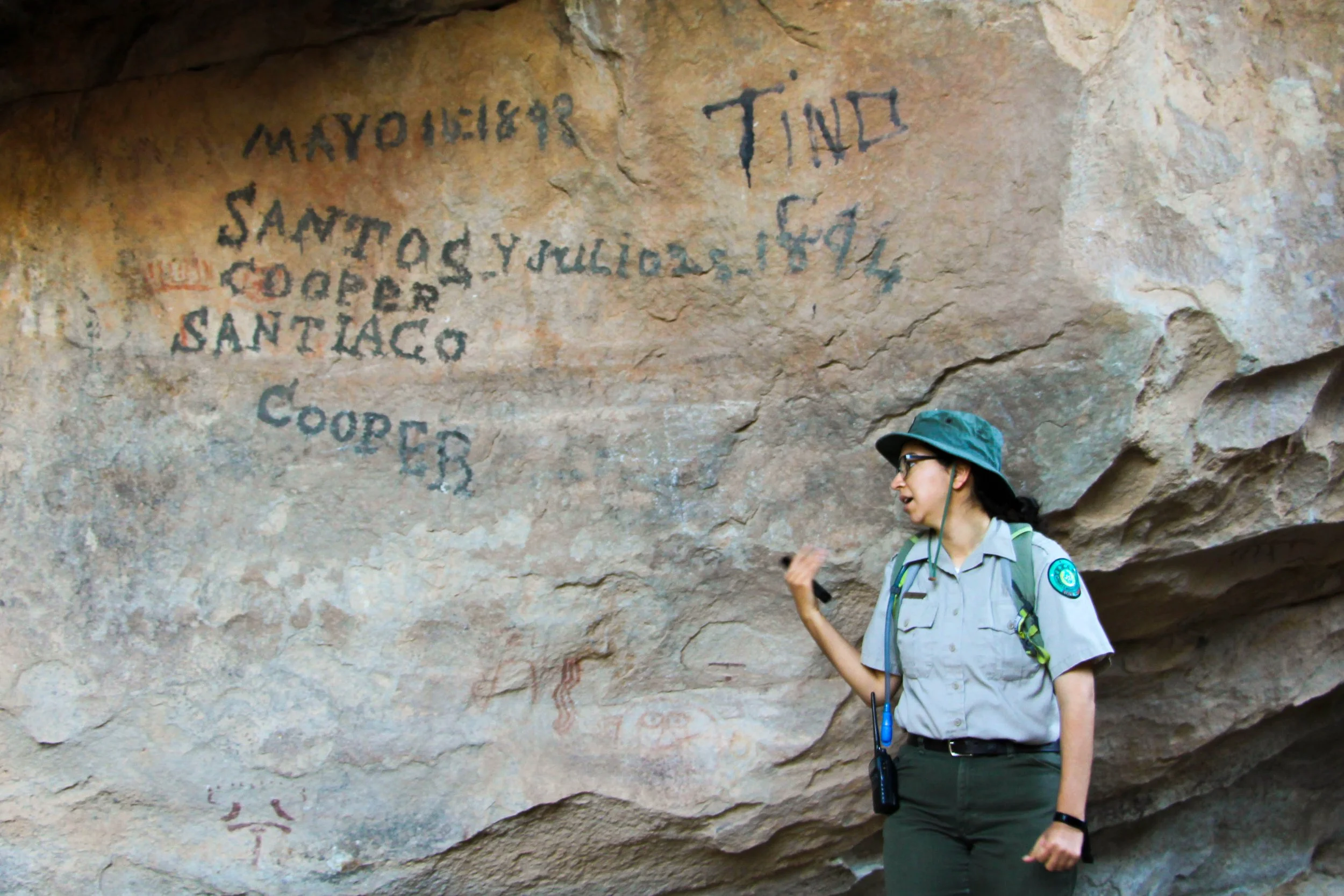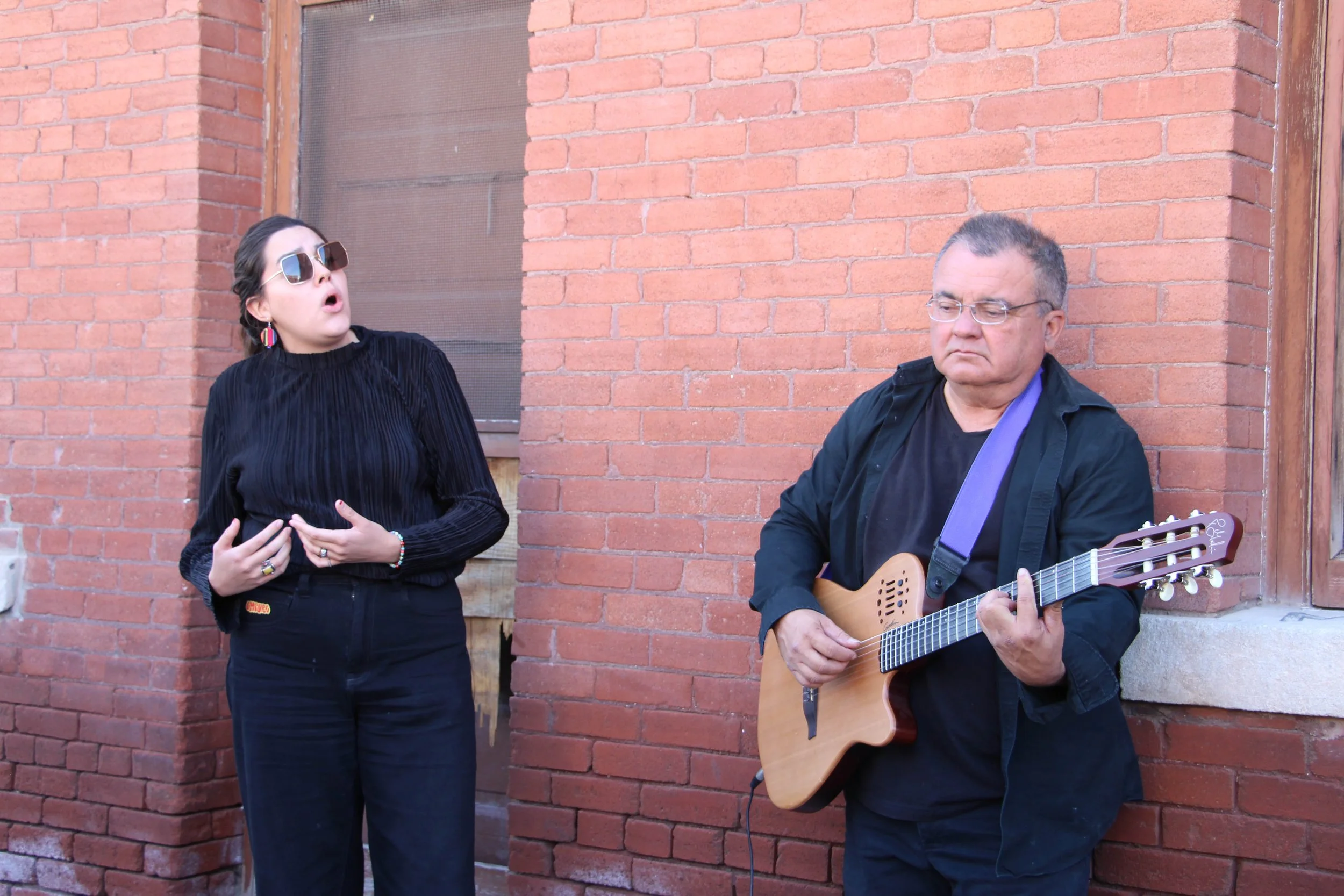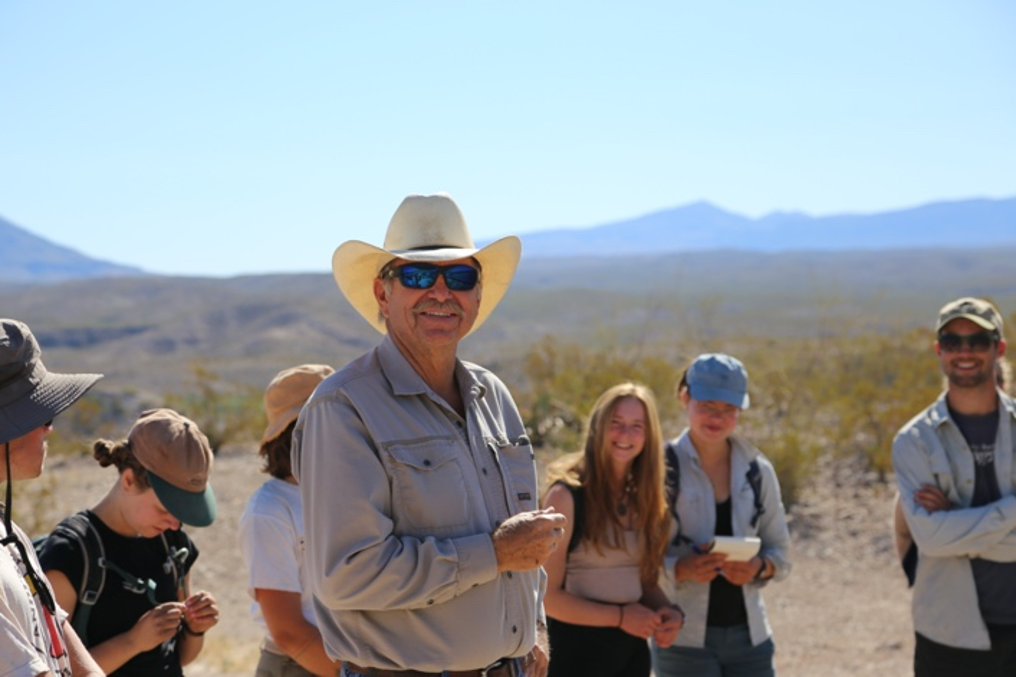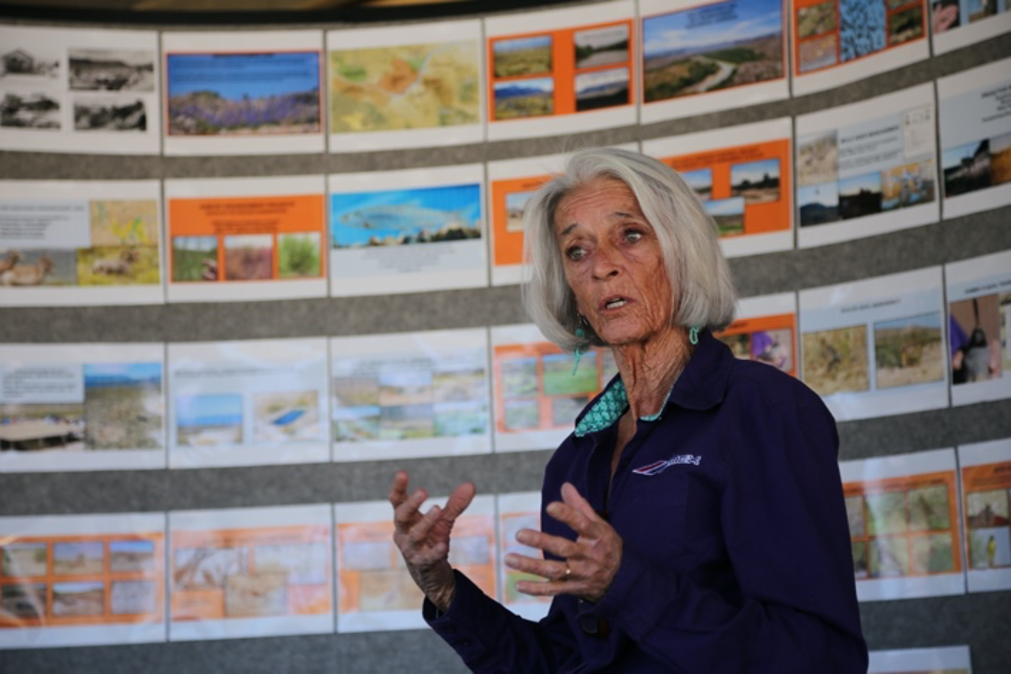Antonia Morales
Grassroots Activist
El Paso, Texas
11/3/21
Under an eminent domain claim, the city of El Paso has plans to raze a neighborhood and build a sports stadium. The neighborhood, Durangito, is the oldest in the city. The apartment of Antonia Morales, affectionately known as Toñita, is one such building.
When 92-year-old Toñita moved into her Durangito apartment in 1967, the neighborhood was in a state of economic collapse. Prostitution, robbery, and drugs were the avenues of survival for many of its denizens, until Toñita stepped in as what historian David Romo calls “the real leader of the struggle to save Durangito.” Toñita worked tirelessly to help bring economic security to the neighborhood. Now stadium development is undoing the efforts of her struggle.
While the developers claim the stadium will bring in revenue, Toñita knows better. The same was said of the baseball stadium across town, yet hardly any of its revenue returned to serve the surrounding community.
When in 2016 developers began buying out residents of Durangito en masse, Toñita refused. They threatened to cut her water and power if she didn’t accept their offer of $14,000, she told them to go ahead, she wasn’t leaving.
Recently, Toñita’s act of resistance was documented and circulated on media outlets. With widespread support and visibility, the city cannot make her go quietly. And go she won’t. “I’ve never stopped fighting,” Toñita says. “My life has always been about struggle and fight. And that’s why I’m struggling to save this community.”
By Nicki Caddell







